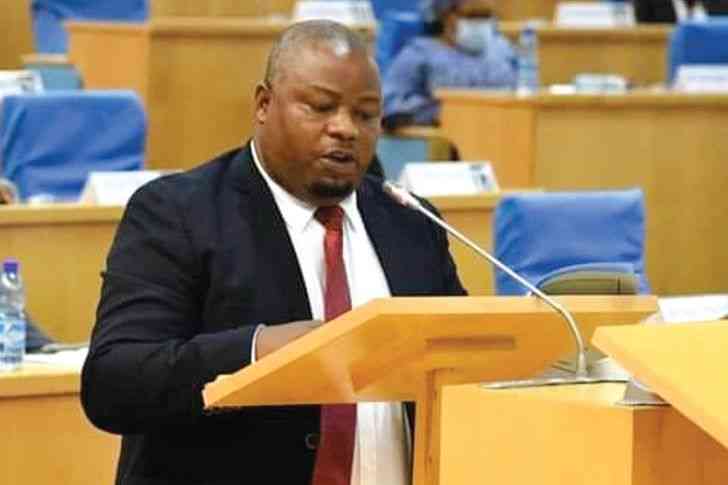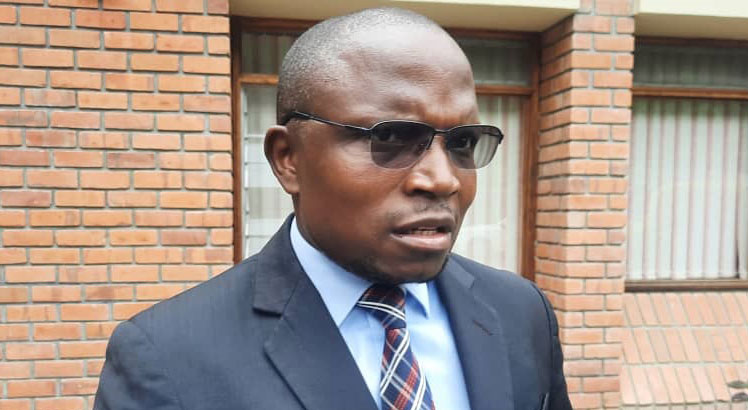Malawi MCC energy compact delays push costs up 10%
 Disruptions over the $350.7 million (about K140 billion) US Millennium Challenge Compact during the late president Bingu wa Mutharika regime have led to10 percent increase in costs of the project which is aimed at revitalising Malawi’s energy sector, officials have said.
Disruptions over the $350.7 million (about K140 billion) US Millennium Challenge Compact during the late president Bingu wa Mutharika regime have led to10 percent increase in costs of the project which is aimed at revitalising Malawi’s energy sector, officials have said.
During Mutharika’s rule, the United States (US) government put the compact on operational hold and later suspended it after continued concerns over poor governance and deteriorating human rights standing, among others.
Millennium Challenge Corporation (MCC) resident country director Oliver Pierson on Tuesday said the changes in cost of the projects have led to re-prioritisation of the activities contained in the compact which is yet to enter into force.
“We have lost a lot of time on this compact. In terms of how the disruptions have affected the compact, we have seen about 10 percent increase in costs of the project due to those delays. We have been working with government and other partners on how to go around this situation.
“The good thing is that some of the activities in the compact have already been implemented by Escom because they could not wait. We have been working on prioritisation of the activities and that has been completed,” said Pierson.
Among others, the compact is meant to improve availability, reliability and quality of power systems in Malawi through infrastructure development and implementation of power sector reforms.
Pierson said Escom has requested the compact to change its plans on the improvement of the power transmission line from Blantyre to Lilongwe from laying a 220 kilovolt line to a 400 kilovolt line.
“The final decision on that is still being taken though it looks like we may be going that direction,” said Pierson.
He said the changes in value of the kwacha against the dollar may either work to the advantage or disadvantage of the compact by allowing more or less work to be done than expected.
Some of the activities in the compact include refurbishment of Escom’s Nkula A hydropower plant and upgrading Escom’s power transmission network.
MCC deputy vice-president for compact implementation Andrew Mayock, who is on a visit in the country, said the compact is aimed at reducing poverty in the country through economic growth.
“The compact is about poverty reduction through economic growth. The compact is a single largest amount of support in the energy sector and that needs to be appreciated,” said Mayock.
He said the US will continue assessing Malawi’s standing on the compact’s eligibility criteria.
“Countries working with MCC undergo continuous passing of the eligibility criteria every December throughout the compact’s period. If issues come out like they did in Malawi, we will engage government and follow all steps in the process before getting to the point of deciding to suspend or terminate the compact,” said Mayock.
MCC Malawi chief executive officer Susan Banda said they expect the compact to enter into force at the end of this year while actual construction work may start at the end of next year.





